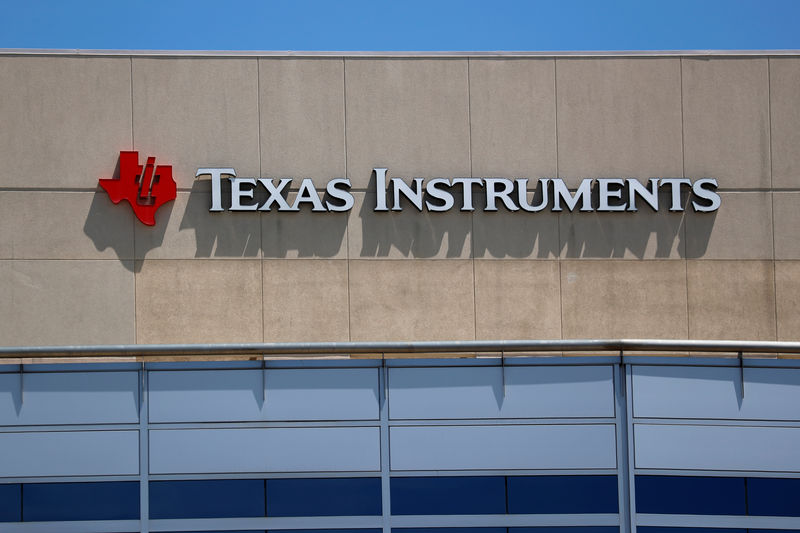This post was originally published on this site

The consumer electronics segment had taken the first hit when red-hot inflation drove people to abandon discretionary spending on smartphones and PCs, but TI in October warned that most of its end-markets were starting to feel the pinch.
GRAPHIC: 2022 was worst year for chip stocks since 2008 crisis (https://www.reuters.com/graphics/TEXASINSTRUMENT-RESULTS/jnvwywdxqvw/chart.png)
The chip industry bellwether’s dour outlook was also echoed by peers such as Intel Corp (NASDAQ:INTC) and Micron Technology (NASDAQ:MU).
The automotive market was the only exception to weak demand, TI Chief Executive Rich Templeton, who will step down in April, said on Tuesday.
Summit Insights Group analyst Kinngai Chan said orders in the automotive market have begun to moderate but haven’t turned negative yet.
“We believe this order moderation is a result of the easing supply chain.”
China lifting its COVID restrictions is also expected to help TI catch up to demand in undersupplied industries. TI’s revenue fell 3% to $4.67 billion, but beat analysts’ average estimate of $4.62 billion, according to Refinitiv data.
The company expects revenue of $4.17 billion to $4.53 billion in the first quarter, the mid-point of which is lower than estimates of $4.41 billion.
TI has also been expanding its production capacity to cater to long-term semiconductor demand, a move that is likely to affect its profit margin and free cash flow in the near term.
It expects current-quarter earnings per share between $1.64 and $1.90, the mid-point of which also fell short of expectations.

